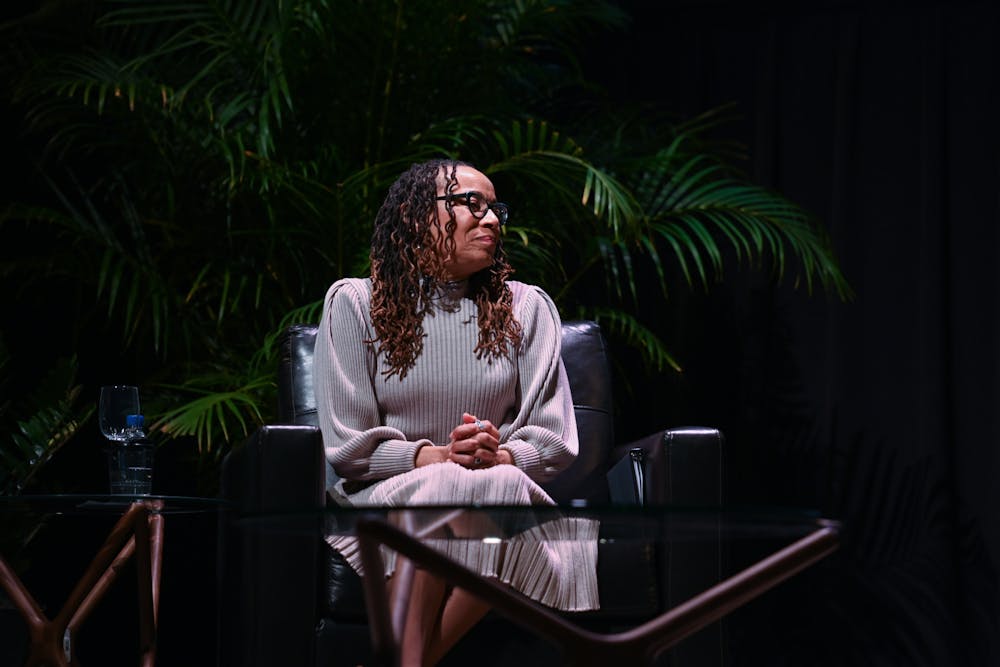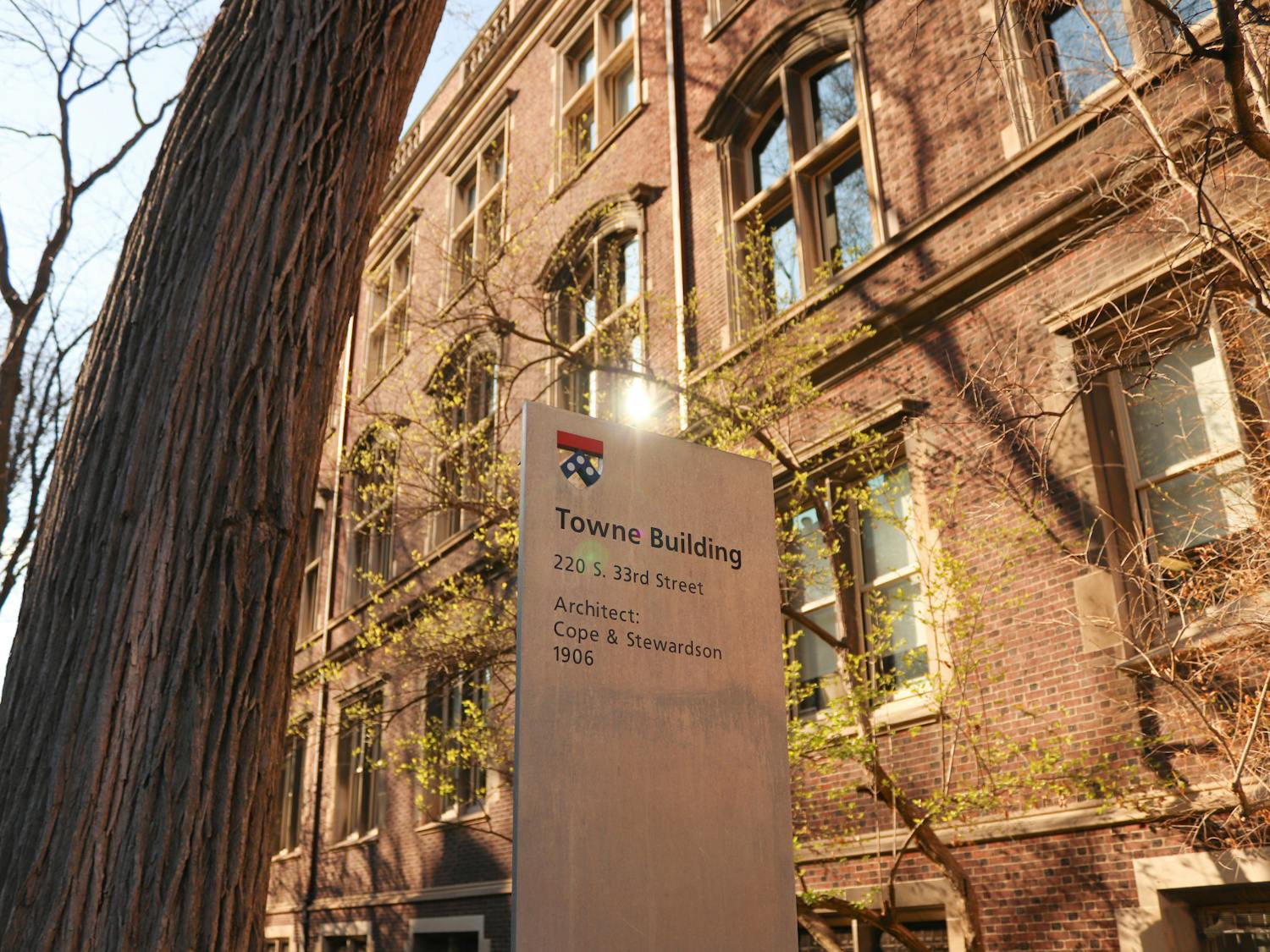Penn Integrates Knowledge University Professor Dorothy Roberts has been named a 2024 MacArthur Fellow for her work in exposing racist policies in social systems.
Roberts is the founding director of the Penn Program on Race, Science and Society and holds appointments in the Penn Carey Law School and the School of Arts and Sciences. In the Oct. 1 announcement, the John D. and Catherine T. MacArthur Foundation highlighted her multidisciplinary exploration of social injustices related to reproductive rights and child welfare that Black women and families face.
In an interview with The Daily Pennsylvanian, Roberts reflected on her research on public policy and reproductive health, the intersection of academic and activism, and how students can advance future work on these issues.
At the beginning of her career, Roberts looked into court cases about reproductive rights and came across cases of Black women who were prosecuted for using drugs while pregnant. In her 1997 book "Killing the Black Body,” she explained that these prosecutorial practices are a continuation of racist policies from the era of slavery.
Roberts said that her early works faced significant challenges due to the nascent nature of the field.
“When I wrote my very first article, the focus on reproductive rights was on the right to terminate a pregnancy, and there wasn't as much focus on the right to have a child,” Roberts said. “I think ‘Killing the Black Body’ was the first book to trace the long history of [the] devaluation of black women's childbearing from slavery to the present day, and to tie together these stigmatizing ideas and policies toward black women across centuries.”
She said that she engaged in many debates with scholars who disagreed with her new argument, including legal scholar and bioethicist John Robertson and Harvard Law Professor Randall Kennedy. Roberts said that despite the initial pushback, her ideas have since gained widespread acceptance.
“I think that today, everything I wrote about has been vindicated,” she said. “Since I wrote ‘Killing the Black Body,’ there's been a burgeoning reproductive justice movement, so the ideas I wrote about are even more accepted and embraced now and [the book] remains a very well read and used text for understanding reproductive justice.”
RELATED:
Dorothy Roberts wins award, talks grassroots organizing at Penn MLK lecture and award ceremony
Two Penn professors named 2024 Guggenheim Fellows for mid-career scholarship
Roberts highlighted her appreciation for the MacArthur Fellowship highlighting her work and helping to raise awareness about the issue for the public.
She added that she hopes to highlight her efforts on challenging the biological concept of race in science and medicine. She has pursued advocacy against race-based medicine through the Penn Program on Race, Science, and Society and her TED Talk, “The Problem with Race-Based Medicine,” which has reached wide audiences.
Roberts also emphasized the role of academia in advancing social justice. She encouraged collaboration of academics with activists and advocates to ensure that scholarly work is relevant and impactful.
"It's important for academics to steer their work toward a better, more just society,” she said.
For students at Penn interested in engaging with these issues, Roberts will teachLAW 7340: "Reproductive Rights and Justice" for law students and AFRC 2430/SOCI 2430: "Race, Science & Justice" in the College of Arts and Sciences this year. Additionally, she said that she hopes to see more Penn students involved with grassroots and advocacy organizations such as Community Legal Services and Movement for Family Power.
Looking ahead, Roberts is working on a memoir about her parents' research on interracial marriage and its influence on her understanding of race and racism. She also continues to lead the Penn Program on Race, Science, and Society, which will soon host events related to the theme of advocating for the right to care.
“There's more work to be done now than in recent decades to both reverse the harmful laws and policies that have been instituted just in the last few years,” Roberts said. “We [also] need a vision of the kind of world we want to live in, and students can be involved in both of those aspects.”









